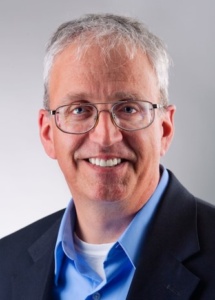 Dr. Bill Dally
Dr. Bill Dally
Chief Scientist, Senior Vice President, Nvidia
Dr. Bill Dally is Chief Scientist and Senior Vice President of Research at NVIDIA Corporation and a Professor (Research) and former chair of Computer Science at Stanford University. Dr. Dally and his group have developed system architecture, network architecture, signaling, routing, and synchronization technology that can be found in most large parallel computers today. While at Bell Labs Bill contributed to the BELLMAC32 microprocessor and designed the MARS hardware accelerator. At Caltech he designed the MOSSIM Simulation Engine and the Torus Routing Chip which pioneered wormhole routing and virtual-channel flow control. At the Massachusetts Institute of Technology his group built the J-Machine and the M-Machine, experimental parallel computer systems that pioneered the separation of mechanisms from programming models and demonstrated very low overhead synchronization and communication mechanisms. At Stanford University his group has developed the Imagine processor, which introduced the concepts of stream processing and partitioned register organizations, the Merrimac supercomputer, which led to GPU computing, and the ELM low-power processor. Bill is a Member of the National Academy of Engineering, a Fellow of the IEEE, a Fellow of the ACM, and a Fellow of the American Academy of Arts and Sciences. He has received the ACM Eckert-Mauchly Award, the IEEE Seymour Cray Award, the ACM Maurice Wilkes award, and the IPSJ FUNAI Achievement Award. He currently leads projects on computer architecture, network architecture, circuit design, and programming systems. He has published over 200 papers in these areas, holds over 100 issued patents, and is an author of the textbooks, Digital Design: A Systems Approach, Digital Systems Engineering, and Principles and Practices of Interconnection Networks.


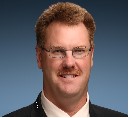 Scott J. DeBoer
Scott J. DeBoer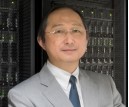 Satoru Miyano
Satoru Miyano Dr. Bill Dally
Dr. Bill Dally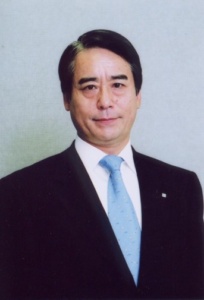 Mr. Tsuneo Komatsuzaki
Mr. Tsuneo Komatsuzaki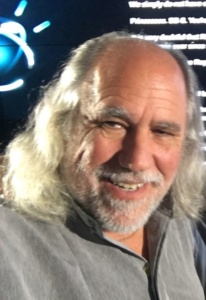 Grady Booch
Grady Booch